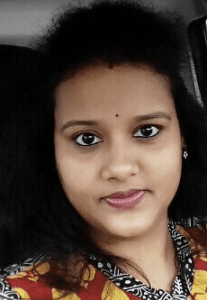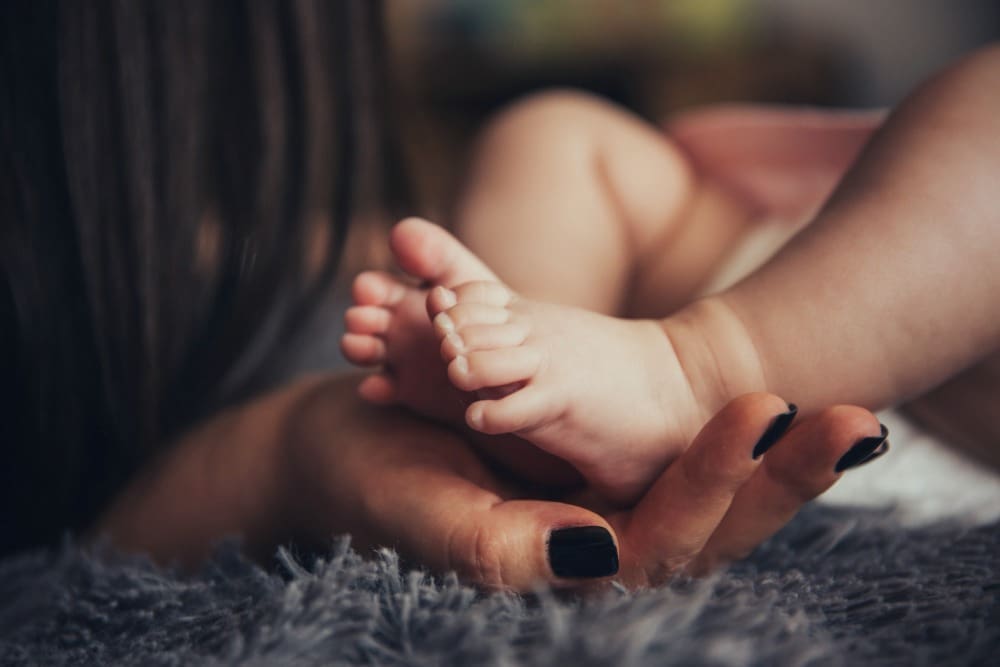A couple of years ago, I went through the painful period of suffering from postpartum depression (PPD). The world didn’t really seem much to me. I went through bouts of complete despair and pain where nothing seemed right at all. I felt like a huge failure as I deeply believed I was not providing everything my baby girl needed. This stretched for a really long period and started to manifest itself into eating disorders. That’s when I realised that enough was enough. I decided to seek help and visited a doctor.
I have been on antidepressants and therapy for about a year. Although the treatment was extremely helpful, what made all the difference was the support from my husband and family. And of course, with a strong will to get better each day. As they say, no one can help you unless you want to be helped. There were many instances where I wanted to give up. But, that’s when everyone around me helped me hold on tighter and get through the pain.
Here are some measures that helped me deal with postpartum depression:
-
Therapy
When you realize these apparent “baby blues” are something much more sinister, it’s important to consult your doctor immediately. The doctor will suggest the kind of therapy, duration, and the intensity of the therapy. This isn’t going to be easy. In some cases, the medication’s side effects may get to you. You may feel very irritable and lethargic even on medication, which may make you want to give up. But stay strong and continue the treatment.
-
Speak up
This really helps. Talk to your spouse, sibling, or friend about how you are feeling. It’s important not to bottle up your feelings. If something is disrupting your peace, making you anxious, or sad, talk about it and try to resolve the issue. Also during the therapy, as already mentioned, there may be phases where you find that you aren’t responding positively to the treatment. If this continues, you should let your doctor know and try to get alternative therapies.
-
Meditation
Meditation is one way to calm your mind amidst all the thoughts that might be driving anxiety or depression. If you can, try to meditate for 15 minutes every day and you will slowly see the change.
4. Ask for help
Friends and family are often happy to help new parents with their new baby. Use the opportunity whenver you can to take some time for yourself and go for long walks or go out for dinner with your husband. You’ll be surprised to see how much a little “me” time can work its magic.
Mental health is just as important as physical health. Being depressed after giving birth doesn’t make you a bad mother. Addressing your issues and caring for your well-being isn’t being selfish or unloving. Different strategies or combinations of strategies will work for different people. Experiment with what feels right for you. Stay strong. You’re worth it.
About the Author: Aradhana Pandey
 Aradhana is a writer from India. She covers topics concerning parenting, child nutrition, wellness, health and lifestyle. She has more than 150+ publications from reputable sites like Natural news, Elephant Journal, Lifehacker and MomJunction to her credit. Aradhana writes to inspire and motivate people to adopt healthy habits and live a stress-free lifestyle.
Aradhana is a writer from India. She covers topics concerning parenting, child nutrition, wellness, health and lifestyle. She has more than 150+ publications from reputable sites like Natural news, Elephant Journal, Lifehacker and MomJunction to her credit. Aradhana writes to inspire and motivate people to adopt healthy habits and live a stress-free lifestyle.


It’s very encouraging to see women speaking out about PPD and other mental health issues they live with or have sought treatment for. Mental health IS every bit as important, to a life well lived, as physical health is. You’re correct. As well, it’s every bit as normal to suffer mentally as it is physically. There should be no shame involved. Thank you for sharing and making that more possible for us all.
Isn’t this due to a disruption of brain chemicals that occurs after giving birth? I think it was Raquel Welch who also had a bad case of this as well. Glad this woman came through OK but just imagine if her family didn’t believe her. Support and understanding is so very important.